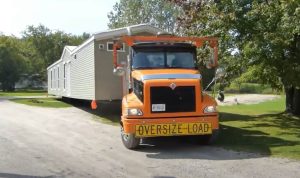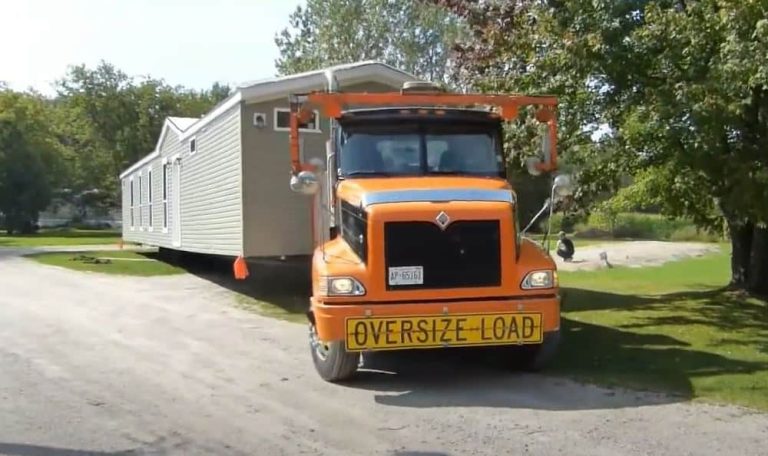Dumpster design has come a long way in recent years, with a focus on enhancing functionality, efficiency, and environmental sustainability. Roll-off dumpsters, in particular, have seen significant innovations that make waste management more streamlined and eco-friendly. One notable feature in modern roll-off dumpster design is the incorporation of advanced materials. Traditional dumpsters were often heavy and prone to corrosion, but newer models are constructed with durable, lightweight materials such as high-strength steel alloys and reinforced plastics. This not only improves the overall lifespan of the dumpster but also makes transportation and handling more manageable. Another key innovation lies in the development of smart dumpster technology. Integrating sensors and monitoring systems into roll-off dumpsters allows for real-time tracking of waste levels, optimizing collection schedules, and reducing unnecessary pickups. This not only saves time and resources for waste management companies but also contributes to a more efficient and cost-effective waste disposal process.
To address environmental concerns, some roll-off dumpsters now feature enhanced recycling capabilities. These eco-friendly designs include compartments for different types of recyclable materials, encouraging proper waste sorting at the source. This not only reduces the amount of waste going to landfills but also promotes recycling, aligning with the global push for sustainable waste management practices. In terms of user convenience, newer roll-off dumpsters often come equipped with user-friendly features. Easy-access doors, for instance, simplify the loading and unloading process, making it more efficient for both waste management professionals and customers. Additionally, some models feature hydraulic systems for smoother operation, reducing the physical effort required in handling heavy waste materials. In response to the growing need for space-saving solutions, collapsible or stackable roll-off dumpsters have emerged. These designs allow for efficient storage when the dumpsters are not in use, optimizing space at waste management facilities.
This innovative approach not only addresses logistical challenges but also contributes to a more organized and space-efficient waste management infrastructure. Residential dumpster rentals integration of safety features is also a notable trend in modern roll-off dumpster design. Improved locking mechanisms and stability features ensure that the dumpsters remain secure during transportation and when stationed at a site. This not only prevents accidents but also minimizes the risk of spillage, contributing to a safer work environment for those involved in waste management operations. In conclusion, the evolution of roll-off dumpster design showcases a commitment to efficiency, sustainability, and safety. From advanced materials to smart technology and user-friendly features, these innovations collectively contribute to a more effective and environmentally conscious waste management system. As the industry continues to evolve, we can expect further advancements that enhance the overall performance and sustainability of roll-off dumpsters.







